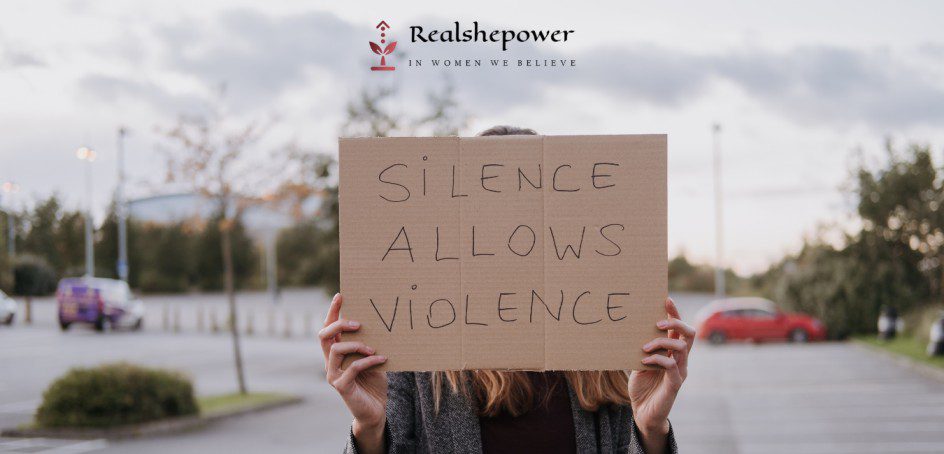Domestic and sexual abuse of Sikh women in the UK


The impending report by Sikh Women’s Aid (SWA), the UK’s only frontline service for Sikh women, paints a harrowing picture of domestic and child sexual abuse that many in the Sikh community grapple with. The report will coincide with the United Nations’ annual 16 days of activism against gender-based violence.
During the summer, the research was conducted over a four-month period across the UK. SWA distributed anonymous surveys to find out what sentiment exists in the community.
Most victims knew their abuser, and nearly half of the incidents of abuse took place at home
Researchers received replies from almost 700 respondents, and, of those, 70% said they had experienced domestic abuse. Nearly half had experienced incidents with more than one perpetrator, including female members of their family. Over a third of respondents said that they had experienced child sexual abuse. Most victims knew their abuser, and nearly half of the incidents of abuse took place at home.
Gender equality is one of the core beliefs of the Sikh faith, but when it comes to violent acts against women, many are scared to speak up. Especially when the assailants are men in power. The SWA states that patriarchal societal practices stemming from cultural traditions, such as honour-based structures, have made gender discrimination more predominant.
“Out of all the South Asian communities, Sikh women are the least likely to come forward about abuse. We come across as a very affluent, educated and giving community, and that reputation makes it very difficult for Sikh women to come forward”
Sahdaish Pall, Co-Founder of Sikh Women’s Aid
The founders of Sikh Women’s Aid and authors of the report, Sahdaish Pall and Sukhvinder Kaur, said that a lack of specialist support for women in the Sikh community creates “a generation of young women who are completely lost”.
“Out of all the South Asian communities, Sikh women are the least likely to come forward about abuse. We come across as a very affluent, educated and giving community, and that reputation makes it very difficult for Sikh women to come forward,” said Pall.
“There are issues specific to our culture, like the link between alcohol and domestic and sexual violence. We have a huge drinking culture among men, and the amounts people consume exacerbate issues.”
“There is also a lack of education around things like coercive control. The parental generation’s view is if you haven’t been beaten up, that’s not abuse. There’s often an intergenerational and toxic normalisation and acceptance of violence against women.”
The findings of the report will be used by SWA to better provide services tailored to the specific needs and cultural nuances of victims of abuse.
Sexual abuse in the Sikh community is “like the perfect crime” according to Sukhvinder Kaur because the likelihood of someone being prosecuted is low.
“Not only is there a lack of convictions but the community is geared towards protecting the reputation of perpetrators,” she added.
